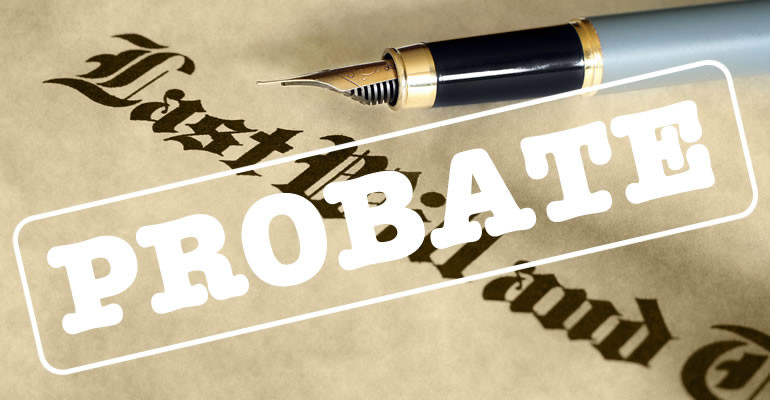
Probate Process in Michigan
What is probate? In its simplest terms, probate is the legal process where the decedent’s (the person who has died) debts and liabilities are paid and the decedent’s assets are distributed to heirs (individuals receiving property if the decedent did not have a will) or devisees (individuals receiving property pursuant to a will). The exact probate process to be used depends on several factors such as the value of the decedent’s estate, whether the decedent died intestate (without a will) and whether the will or estate will be contested. If the decedent has a will, the decedent’s wishes will be honored (assuming the will is valid, the will does not make any unlawful gifts, etc.). If there is no will, any assets will be distributed in accordance to Michigan’s intestate laws.
The law that controls the probate process in Michigan is the Estates and Protected Individuals Code (often referred to as “EPIC”). Under EPIC, the probate process can be informal, formal, or supervised.
With informal probate, the decedent’s estate is administered without the involvement of a judgejudge. This is usually the quickest, cheapest and easiest probate process. It begins with the appointment of a personal representative who will undertake various estate administration activities. This includes notifying creditors of the decedent’s estate, paying all liabilities (funeral expenses, taxes, debts, etc.), maintaining an inventory of all assets, distributing assets to devisees or heirs, and accounting for all distributions. After all debts and liabilities are paid and assets distributed, the personal representative can close the estate administration.
In contrast to informal probate, formal probate involves a judge, who will review and approve one or more of the estate administration activities. Supervised probate is basically the formal probate process for the entire duration of the estate’s administration. As one might expect, supervised probate is very expensive and can take a long time. Luckily, supervised probate is rare in Michigan. When probate is not supervised, it’s possible to have a mix of formal and informal proceedings. For example, a probate proceeding could begin informally, but due to a subsequent disagreement among interested parties, a formal proceeding may be needed to resolve the issue.
The above explanation is very basic and provides just a quick overview of the probate process in Michigan. For more information about how we may be able to help you in the probate process, please contact us.




